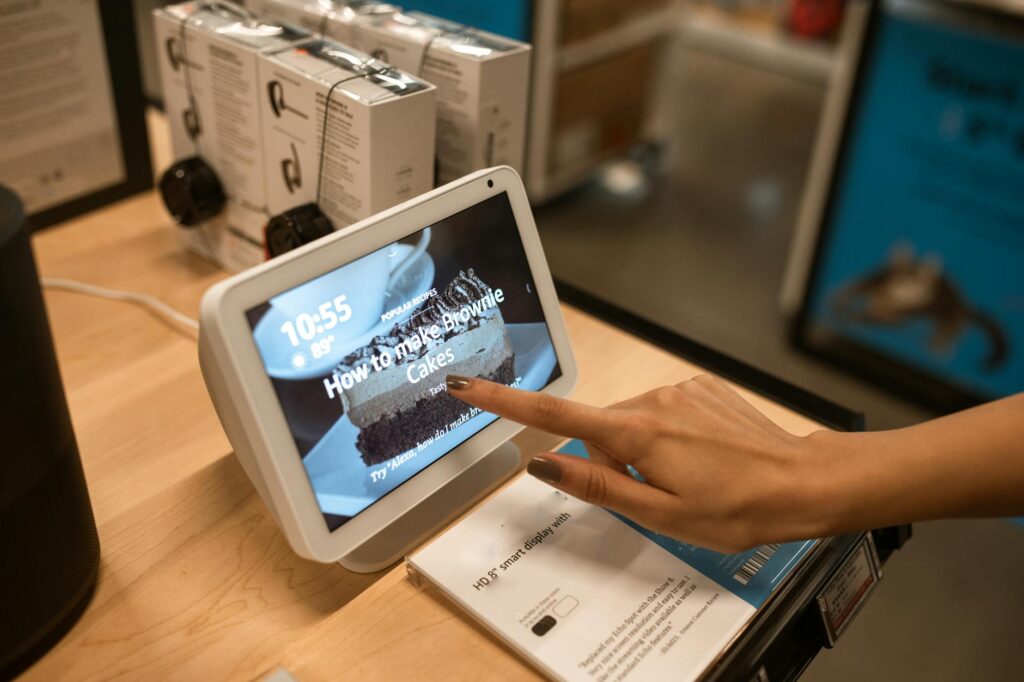Spanish startup gets funds to deploy commercial IoT constellation

Top Stories Tamfitronics

TAMPA, Fla. — FOSSA, a Spanish operator of tiny picosatellites, has secured funds for around 20 slightly larger cubesats to start offering full commercial connectivity services for remote monitoring and tracking devices.
The startup said June 19 it has fetched 6.3 million euros ($6.8 million) in a Series A funding round, which Portuguese early-stage investor Indico Capital Partners co-led with the venture arm of Nabtesco, a Japanese aerospace component maker.
Julián Fernández, FOSSA’s (Free Open Source Software and Aerospace) co-founder and CEO, said the venture has raised nearly 10 million euros to date, when including government grants.
The four-year-old company builds its satellites in-house and has deployed 17 picosatellites in sun-synchronous orbit since 2022.
Although these tiny satellites were primarily for demonstrating basic connectivity using Long-Range radio (LoRa), a low-power wide-area network protocol used by most Internet of Things (IoT) devices, Fernández said FOSSA has already booked revenues from companies including Microsoft.
He said FOSSA has received more than a million euros in revenues so far through proof of concept work with several companies.
All but one of the 17 picosatellites FOSSA has deployed have de-orbited. Fernández said its most recently launched batch of four satellites were retired earlier than planned this year after being caught up in a solar storm.
The picosatellites were designed to operate for up to two years, according to Fernández, compared with up to five years for upcoming satellites that would have the volume of a three-unit (3U) standard cubesat measuring 30 centimeters a side, and be more resistant to solar storms.
The first three satellites upgraded for commercial service are slated to launch in October, enabling the company to provide connectivity to an IoT device roughly every 11 hours.
FOSSA, which initially planned to deploy its first commercial satellites on a SpaceX Falcon 9 last yearaims to deploy 80 spacecraft by the end of 2025 to reduce latency to near real-time.
“Considering our costs for the satellite, which is really inexpensive, we’re looking at around 20 satellites guaranteed with this funding,” Fernández said, “and the rest is going to have to come either from the revenues or from future fundraising.”
He said a mix of government and enterprise customers have already lined up for the initial commercial services slated to begin before the end of 2024.
FOSSA ultimately plans to leverage its vertically integrated business to offer secure connectivity from dedicated satellites to the national security and defense markets. This business would help fund the infrastructure needed to serve utilities and other corporate customers that are more interested in the company’s connectivity and asset management services than the spacecraft.
“The technology is the same, it’s just a different way of selling it,” Fernández added.
FOSSA also hopes its vertically integrated strategy will help the company fend off increasing competition from others chasing the global IoT market, which is forecasted to grow 20% annually through 2030 to $4 billion, such as SpaceX of the United States.
“Europe is trying to find national or local alternatives to problems like IoT,” Fernández said.
Jason Rainbow writes about satellite telecom, space finance and commercial markets for SpaceNews. He has spent more than a decade covering the global space industry as a business journalist. Previously, he was Group Editor-in-Chief for Finance Information…More by Jason Rainbow
Discover more from Tamfis Nigeria Lmited
Subscribe to get the latest posts sent to your email.



 Hot Deals
Hot Deals Shopfinish
Shopfinish Shop
Shop Appliances
Appliances Babies & Kids
Babies & Kids Best Selling
Best Selling Books
Books Consumer Electronics
Consumer Electronics Furniture
Furniture Home & Kitchen
Home & Kitchen Jewelry
Jewelry Luxury & Beauty
Luxury & Beauty Shoes
Shoes Training & Certifications
Training & Certifications Wears & Clothings
Wears & Clothings

















